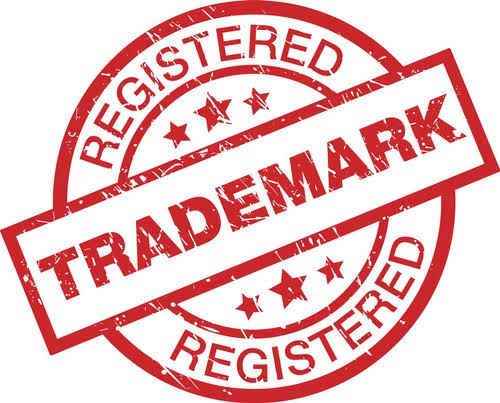A Trademark is a recognizable name or design, which is legally registered and used to identify and distinguish a product or service from others. It’s serves as indication of origin and quality.
They represent the “goodwill” or reputation a business and its products/services enjoys with the public.
Wherein, businesses rely on their marks to identify their products and services and distinguish them from those of their competitors. The public relies on marks to distinguish among competing producers and as guarantees of quality.
Some of the trademarks that can be registered include symbol, word, set of words, logo. The trademark is usually registered through the Trademarks, Patents and Designs Registry, Commercial Law Department of the Federal Ministry of Industry, Trade and Investment in Nigeria.
Trademark registration is an important way to protect and distinguish a person or entity’s brand for goods or services in the market place.
Trademark registration in Nigeria gives the owner the right to use such registration to the exclusion of others except consent is given. An owner of a registered trademark also has the right to oppose any future trademark registration that may appear similar to an already existing trademark.
To find out why trademark registration is important for your business, read THIS ARTICLE for details.
PROCEDURE FOR REGISTERING A TRADEMARK
Essentially, there are three major stages involved in trademark registration, which are as follows:
1) SEARCH & APPLICATION
The first step required to be taken for any person or organization desiring to secure the services of an agent (in most cases, a lawyer) with information on the trademark or the description of a symbol or logo or design to be registered.
A search is conducted at the trademark registry, and if it is not in conflict or too similar to any existing trademark, an applicant may proceed with an application for registration.
Upon receipt of the application and acknowledgement of receipt of the application is issued by the Registrar.
2) ACCEPTANCE
Where search has been concluded and the application has been approved, the Registrar will accept, register the trademark and issue an Acceptance Letter to that effect. The Acceptance Letter is initial evidence that the trademark has been duly registered.
3) PUBLICATION AND CERTIFICATION
The third stage involves publication in the trademark journal and certification. This is the final stage. In most cases it takes between 6 (six) months to 1 (one) year for publication to take place in Nigeria. That is why the acceptance letter form the Registrar General is accepted by Government Institutions such as; NAFDAC (National Agency for Food and Drug Administration and Control) as initial evidence of trademark registration.
A notice of the application is published in the Trademark Journal. Such notification will include the full details of the application and the applicant.
The Registrar will notify the applicant of any protest or opposition against the proposed trade mark either on the ground that it infringes on an existing trade mark or that it’s capable of misleading the public. The applicant may respond to such opposition within one month from the date of receipt of such notice from the Registrar. An applicant who fails to respond to the opposition received with his or her own counter-statement may be presumed to have abandoned his or her application.
Should the Registrar receive a response of the applicant stating why the applicant is entitled to such a trademark, the Registrar of Trademark shall constitute a Tribunal to determine the conflict in favour of one of the contending parties.
Where there is no opposition to the publication in the journal, or opposition has been made and successfully resolved in favour of the applicant, the Certificate of Registration will be issued for the trademark sought.
The Certificate indicates the evidence of registration and completion of all processes. It confers a right on the proprietor or the owner to use the trademark to the exclusion of every other entity.
REQUIREMENTS FOR TRADEMARK REGISTRATION IN NIGERIA
The basic requirements every intending trademark applicant should prepare or provide include the followings:
- Logo, which may include Words and/or Device
- Name of the applicant
- Contact details of the applicant (such as phone number, email, etc)
- Power of Attorney appointing an agent to conduct such registration (an accredited agent/lawyer may help to prepare the power of attorney.
Trademark lasts for period 7 years and can be renewed after an expiration from time to time. Every subsequent registration lasts for 14 years. The requirements for a trademark renewal are as follows:
Trademark Certificate
Power of Attorney appointing the agent and
Payment of the prescribed fee.
CONCLUSION
For most entrepreneurs who have made effort to secure band names of sentimental value for their businesses through registration with the Corporate Affairs Commission, having it registered as a trademark is a great option of securing such names.
Need further information on this or do you need help with securing a trademark? You may reach out to us at [email protected] or HERE for further directions. We look forward to hearing from you.
